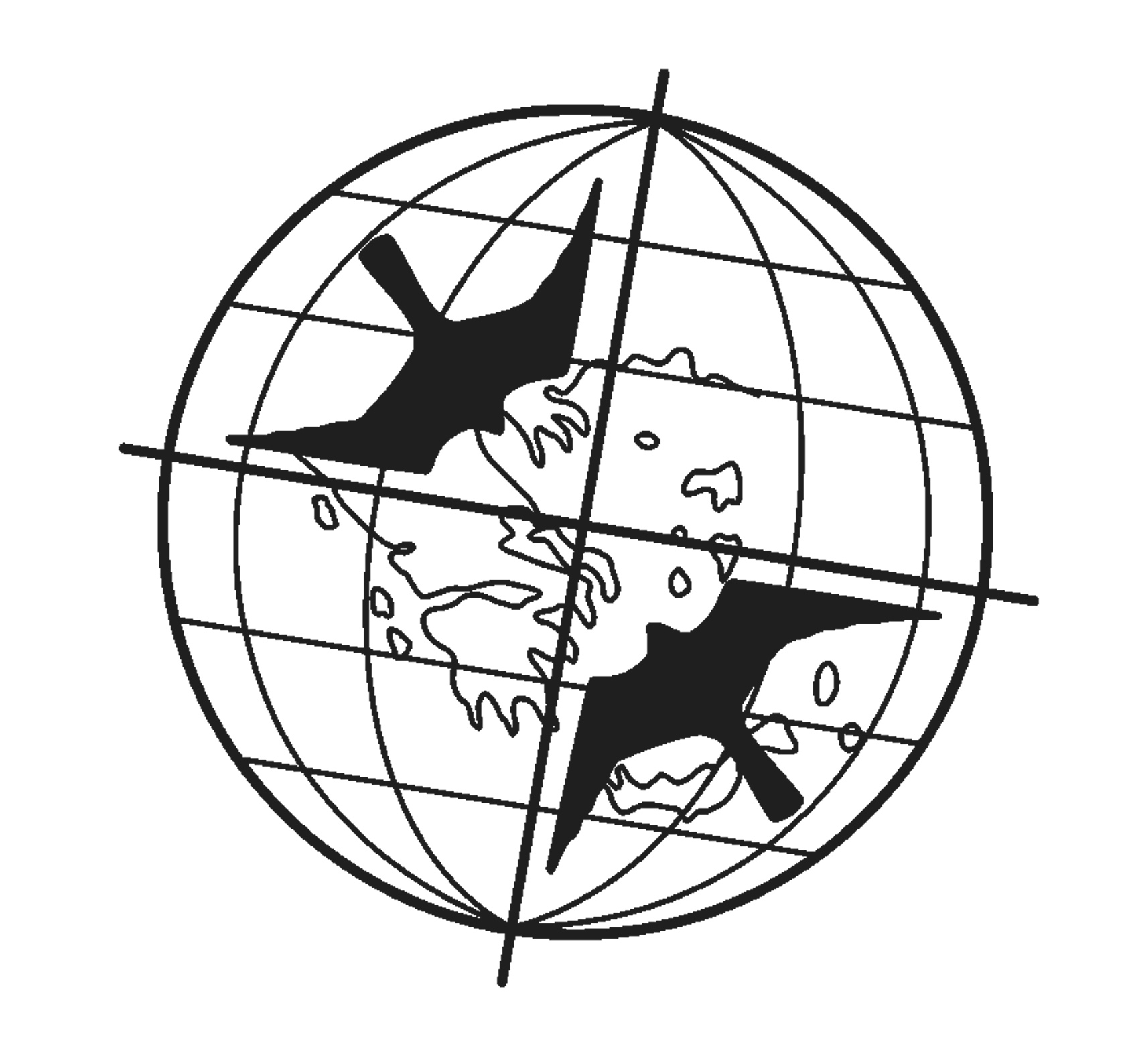
Greece
Bird ringing started in Greece in the 1960s using rings issued outside Greece, and mainly involved stork chicks being fitted with Radolfzell rings. The Greek bird ringing scheme started in 1985, first as a group of bird ringers within the Hellenic Ornithological Society and from 1989 onwards as an independent organisation, the Hellenic Bird Ringing Centre. In 2022 there are about 60 active bird ringers, including about 10 fully qualified, about 10 advanced trainees and about 40 with special permits for specific species. More than 330,000 birds belonging to 301 species were ringed between 1985 and 2021, with a total of 10,000 – 13,000 birds being ringed annually since 2010.
Large numbers of unusual species have been ringed as part of various species projects in the last 30-40 years. These include, for example, hundreds to a few thousand Dalmatian Pelicans, Mediterranean Gulls, egrets, herons, Eurasian Spoonbills, Glossy Ibis, Eleonora’s Falcons and Scopoli’s Shearwaters. Several hundred White Stork chicks are also ringed annually, in recent years using ELSA rings, which have increased the numbers of resightings enormously. In the 1990s and 2000s several hundred Mediterranean, Yellow-legged, Caspian, as well as fewer Audouin’s Gulls were colour-ringed and several colour ringing projects are running at present, including some of the above species as well as others ringed in smaller numbers, especially Black, Griffon and Egyptian Vultures, Bonelli’s Eagle, Kestrel and Lesser Kestrel.
On a more regular basis and involving the main volume of birds ringed each year, a few thousand migratory passerines and smaller non-passerines are ringed on passage each spring and autumn. Several tens of thousands of Acrocephalus warblers, hirundines, terns and waders were ringed in the Evros Delta in the 1990s to early 2020s, in collaboration with the Belgian bird ringing scheme, yielding recoveries as far as South Africa and Senegal (Black Tern). Migrant passerine ringing has been or is still being carried out in many different parts of the country. Several sites are on the mainland and as many are on islands such as Strofades in the West, Lesvos and Samos in the East and Crete and Gavdos in the South. Among these ringing sites, the Antikythira Bird Observatory, located between the southern tip of the mainland and Crete, stands out as a more regular ringing site. Ringing started here in the 1990s and has been carried out without interruption each spring and autumn in the last 15 years.
Contact the scheme: hellenicbirdringing@gmail.com